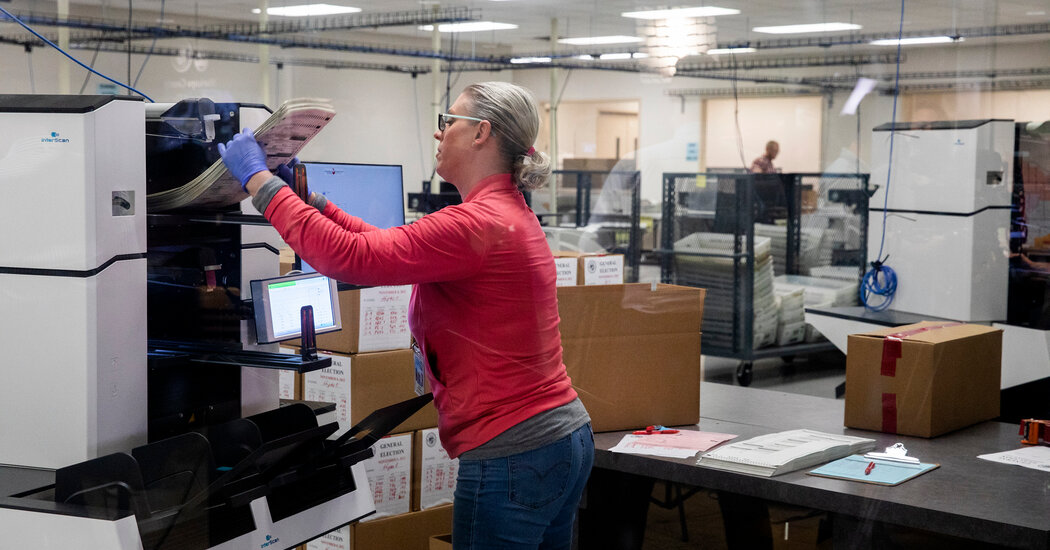YouTube has pledged $15 million to hire more than 100 content moderators to assist in the US midterm and Brazilian elections, in addition to more than 10,000 existing moderators. The company also said it modified its recommendation algorithm not to suggest political content from unverified sources to other viewers, and set up a war room to remove videos and live streams in real time on election day.
Exposing disinformation about the elections. Our mission to bring you the truth through our journalism also includes warning of the untruths. During election season, disinformation flourished on social media. We have several reporters following the trends and the changing tactics used by those who spread falsehoods.
Media Matters, an advocacy group, found that YouTube channels in Spanish in Illinois, Pennsylvania and Arizona continued to peddle about allegations of irregularities in voter tables in Spanish. Some of those videos direct viewers to other platforms, where they can share additional commentary or conspiracy theories. While the platform banned conspiracy theories that claimed the 2020 presidential election was stolen, it took no similar action this year.
Meta, who announced the resignation the day after the vote, had reduced the teams working on the elections in the months leading up to the election. The company said it was determined to take many of the precautions it took ahead of the 2020 presidential election, including temporarily suspending all “political, electoral and social issues” ads from its platforms.
Meta, owner of Instagram and WhatsApp, also removed posts encouraging voter suppression and rejected ads discouraging people from voting.
With several races still undecided, false or misleading information continued to appear on major platforms on Wednesday, including questions about the pace of voting in Nevada, where the Senate race could decide which side runs the body.
On alternative platforms, including some linked to political extremism and violence, there was no sign of moderation at all.
“There is a lot of anger and noise on the mainstream platforms such as Twitter and Facebook, but the most aggressive statements on the day of the midterms, including calls for violence, can be found on the alternative platforms, including Gab, Parler and Telegram,” said Alex Stamos, the director of the Stanford Internet Observatory, which has been tracking election misinformation online as part of the Elections Integrity Partnership.

